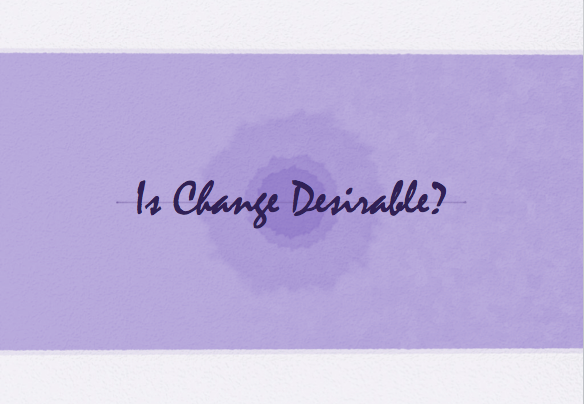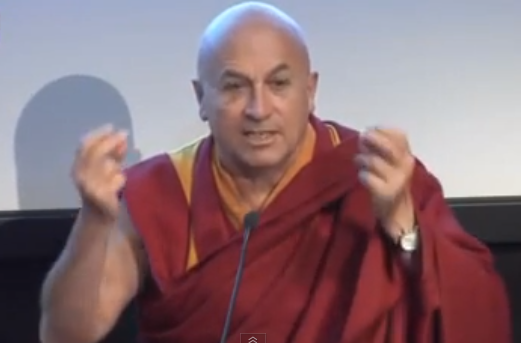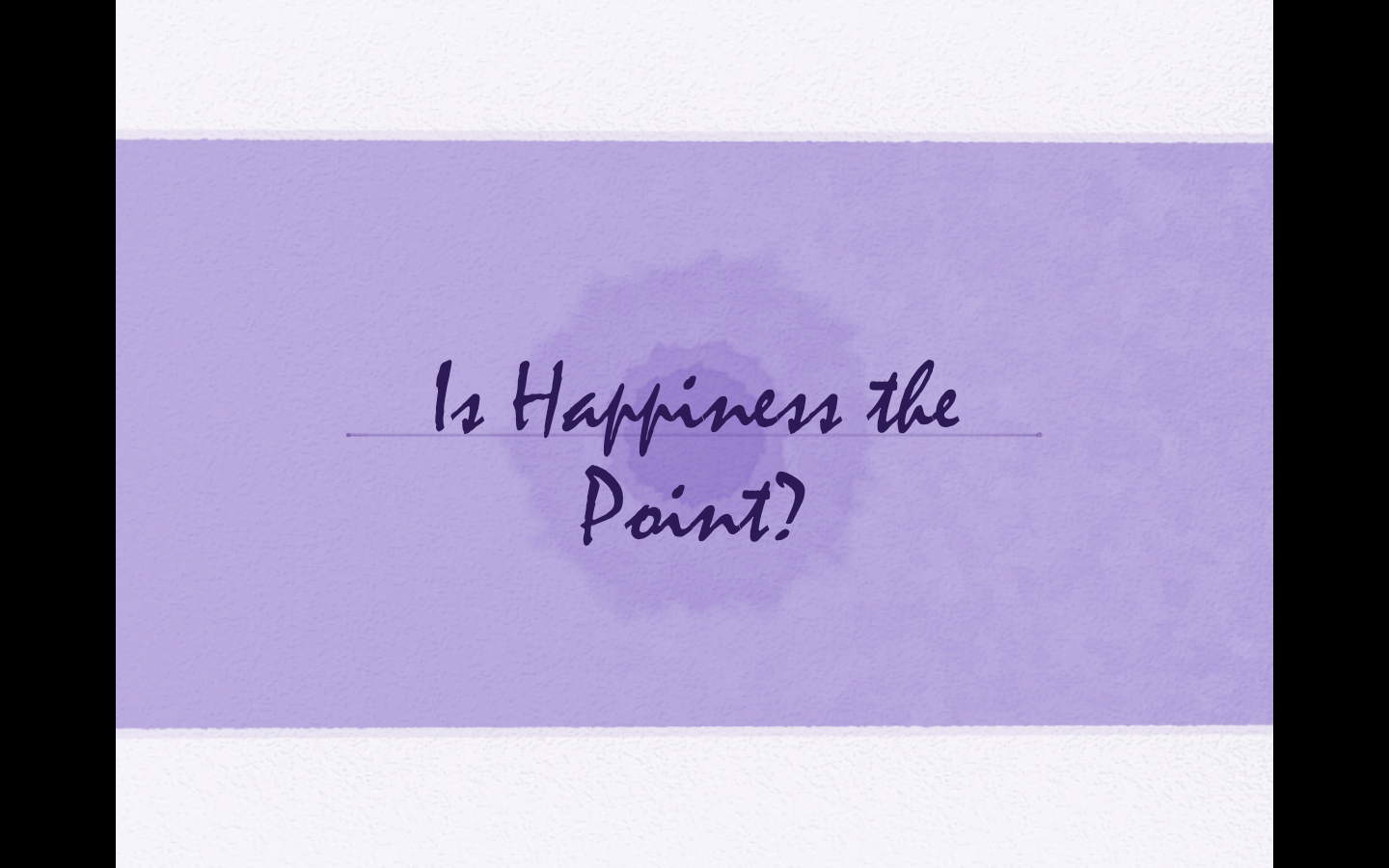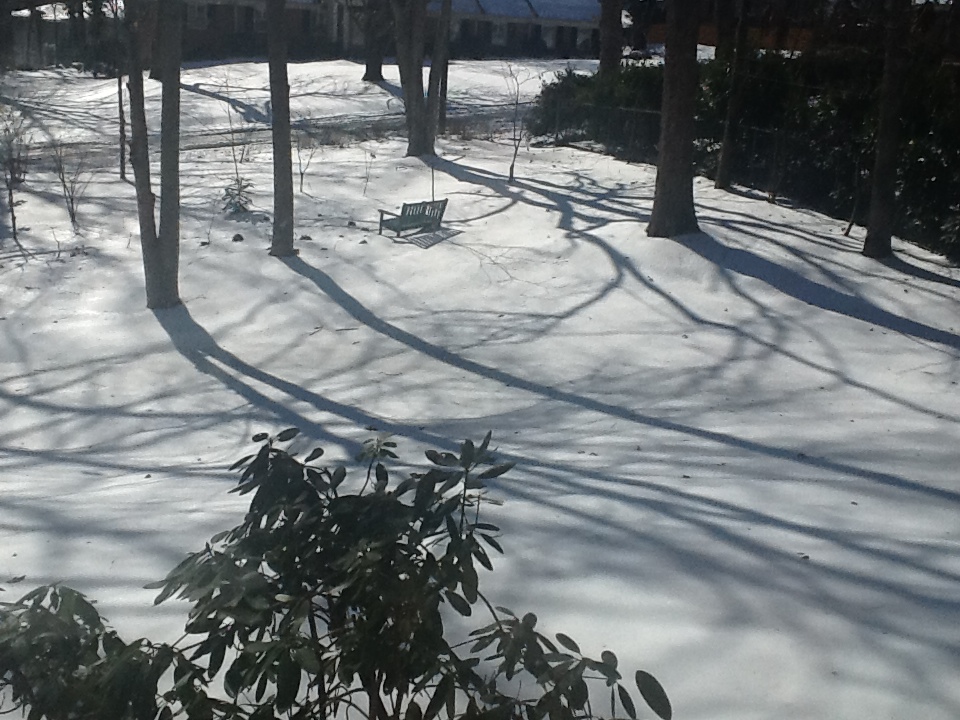The Art of Meditation by Matthieu Ricard, Part 3
After Matthieu Ricard talks about his own deep goal and motivation for meditation and after he compares it to the kind of training we’re already familiar with for athletes and musicians, he begins to set up an argument for why meditation might be beneficial. To set up this argument, he poses a question which is also the first question in his book, Why Meditate? Is change desirable? I like how fundamental this question is—how he starts with something very basic. And I find two of his arguments in response to this question especially persuasive. The first is that nearly all of us have something in our lives that could be more optimal. To put this another way, not every day is a perfect day—or as good as we would like it to be—even if our rather stressful day seems rather normal and that’s how we make our peace with it. Oh well, that’s just the way some days are. “Normal,” he argues, “doesn’t mean optimal.” Optimal simply means best or most favorable. He’s suggesting that meditation could eventually lead us to some kind of best possible state. That sounds desirable to me. His second argument has to do with considering inner and outer conditions. He says: We aspire to be free from suffering and to find some happiness. There are outer and inner conditions to that. The outer conditions—we ought to improve them as much as possible. But if we know that the way our mind experiences that, the way our mind translates the outer condition as happiness or misery [then] we know the fact that our state of mind can very easily eclipse the outer condition. We can be miserable in a seemingly perfect paradise. We can have strength of mind, joy of being alive, even [when] the conditions seem to be difficult. We know all that. We know the fact that our state of mind can very easily eclipse the outer condition. Hmmm. I think this does happen sometimes. Both the negative and the positive eclipse. The positive eclipse is more interesting—the possibility of having joy of being alive even when conditions are difficult. But I wonder if this isn’t a bit easier for Ricard than it is for many of the rest of us. I’m thinking of the interview he did for The Independent. His interviewer, Robert Chalmers, suggested that perhaps Ricard’s living conditions might have something to do with his happiness. “How hard is it to be happy when you live on a mountainside with breathtaking views of the Himalayas, where your only concern is polishing your wind chimes?” Ricard responds: Ah, I understand what you’re saying. I believe that, if I had to live where you live, I could. By choice, I would not move there. But if you allow exterior circumstances to determine your state of mind, then of course you will suffer; you become like a sponge, or like a chameleon. I have lived in difficult areas. I lived in Old Delhi for almost a year. That really is a miserable place. And yet sometimes I felt so light there. It was like—how can I put this—different weather. That could be a poem: A miserable place And yet sometimes I felt so light there It was like—how can I put this—different weather....
read more




